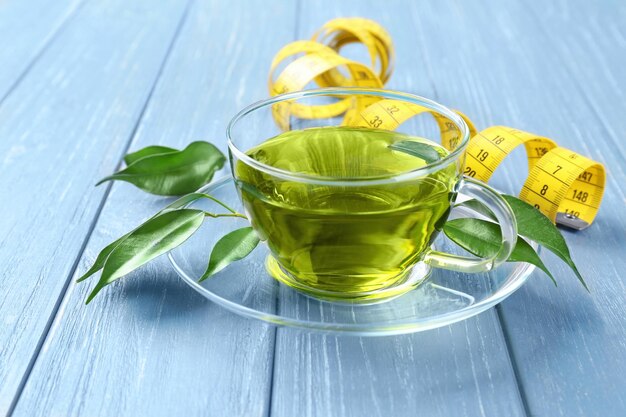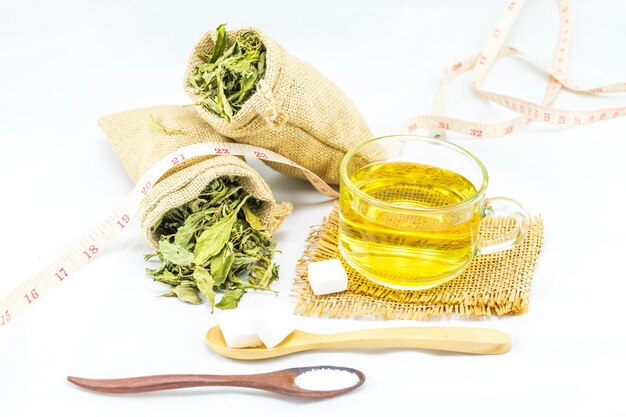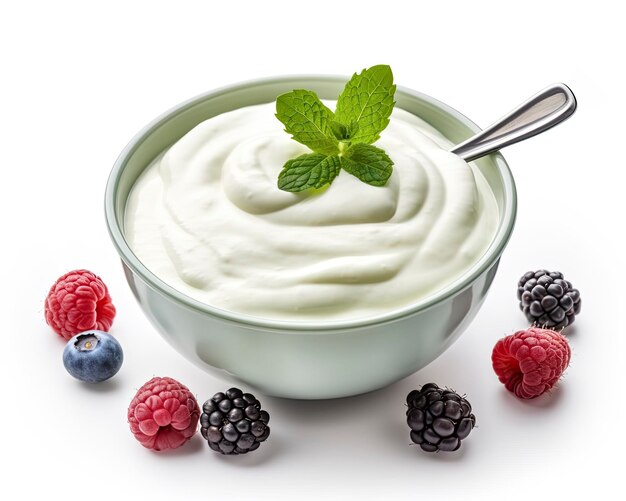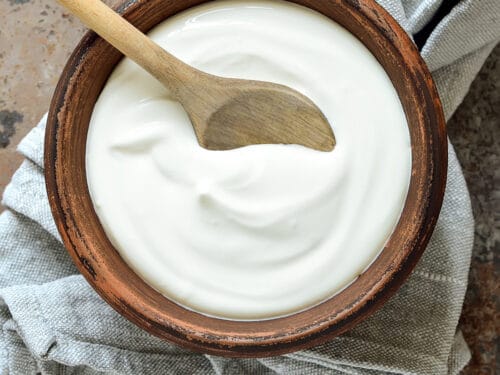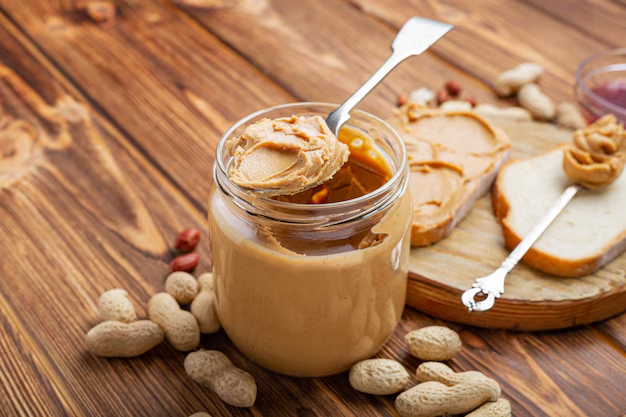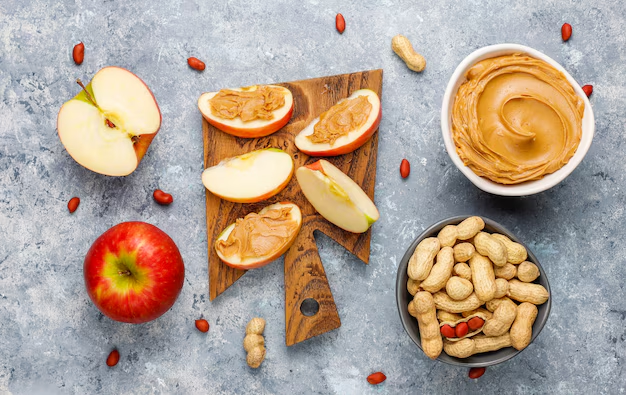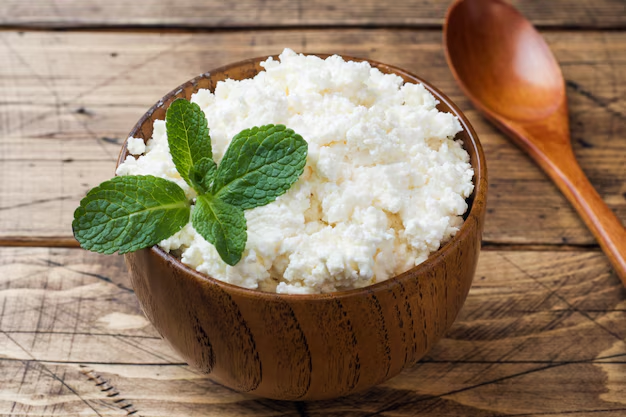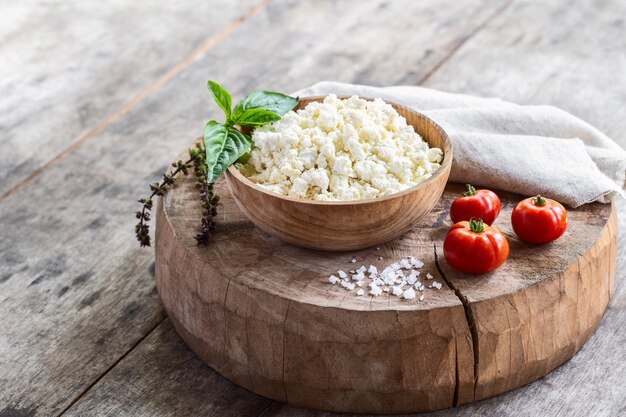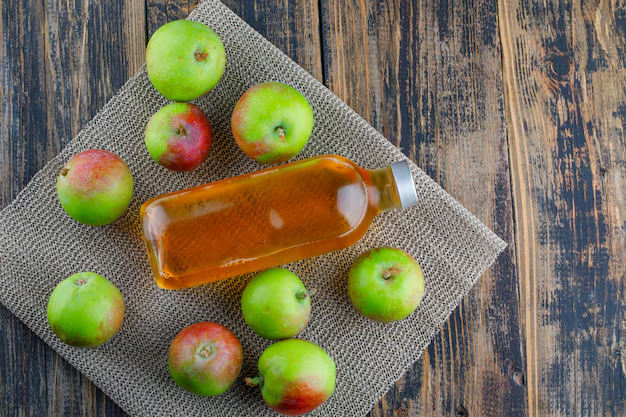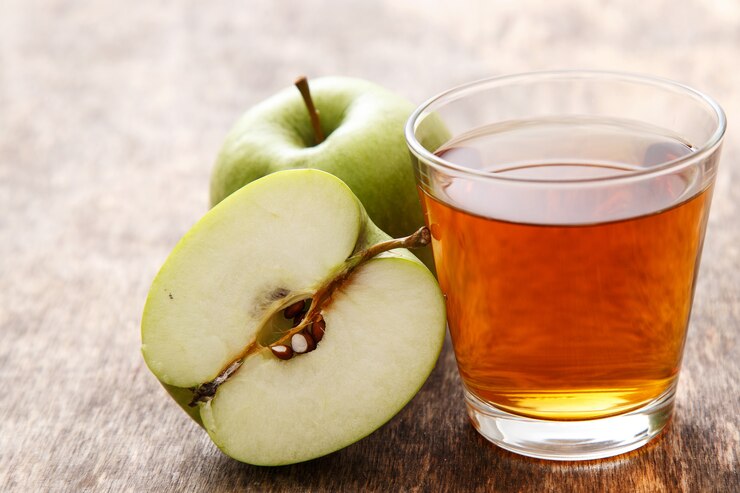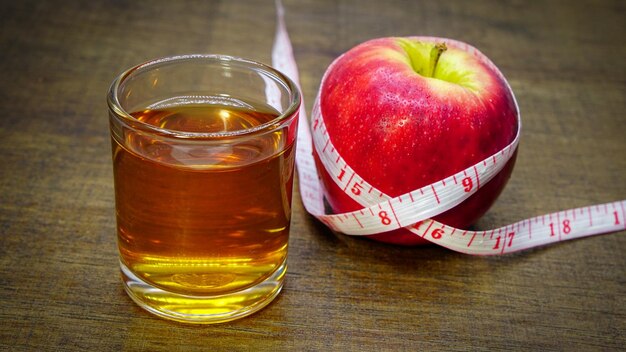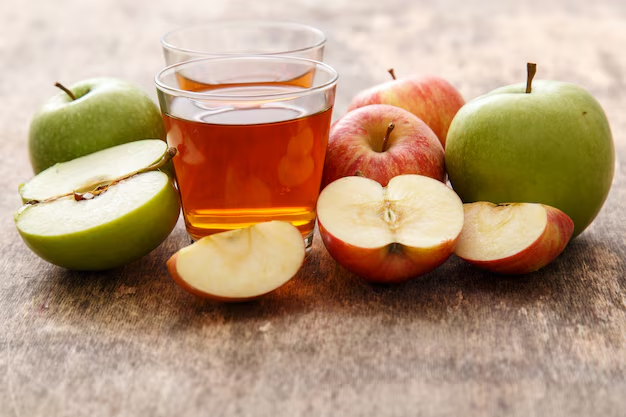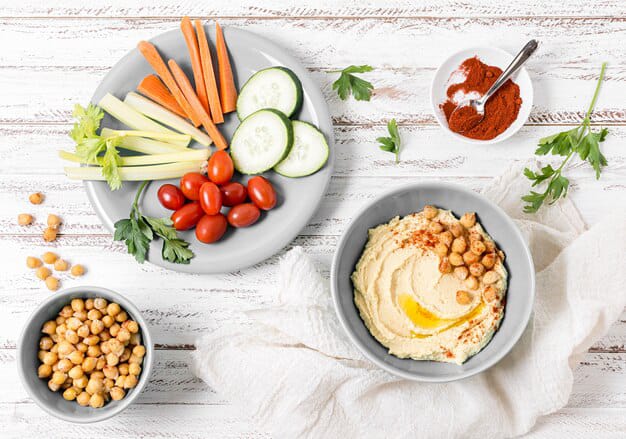Apple juice is a popular beverage known for its refreshing taste and potential health benefits. Beyond its pleasant flavor, many people wonder: Is apple juice good for your heart? This question has drawn attention from researchers, nutritionists, and health enthusiasts alike. Let’s explore apple juice’s nutritional profile and its role in promoting heart health.
Nutritional Benefits of Apple Juice
Apple juice is more than just a sweet drink; it’s packed with essential nutrients. These include vitamins, minerals, and antioxidants that contribute to overall health.
Key Nutrients in Apple Juice
- Vitamin C:
Apple juice is rich in vitamin C, a powerful antioxidant. This nutrient helps reduce oxidative stress in the body, which can protect your heart from damage caused by free radicals. - Potassium:
Potassium is a critical mineral found in apple juice. It supports heart health by maintaining healthy blood pressure levels and reducing the risk of cardiovascular issues. - Phytonutrients:
Apple juice contains phytonutrients like flavonoids and polyphenols. These compounds are known for their anti-inflammatory and antioxidant properties, which are beneficial for heart health.
Apple Juice vs. Whole Apples
While whole apples provide fiber, apple juice delivers concentrated nutrients that are quickly absorbed. This makes it a convenient option for boosting your intake of heart-friendly compounds. However, moderation is key due to its natural sugar content.
Apple Juice and Heart Health
So, how exactly does apple juice benefit the heart? Here are the ways apple supports cardiovascular wellness.
1. Reduces Oxidative Stress
Oxidative stress occurs when there’s an imbalance between free radicals and antioxidants in your body. This can damage cells, including those in the heart and blood vessels. Apple juice, rich in antioxidants like flavonoids and polyphenols, helps neutralize free radicals. This protects the heart from oxidative damage and promotes overall cardiovascular health.
2. Supports Healthy Blood Pressure
For individuals wondering, is apple good in high blood pressure? the answer is promising. The potassium content in apple juice plays a pivotal role in managing blood pressure levels. Potassium acts as a natural vasodilator, helping blood vessels relax and improving blood flow. This reduces strain on the heart and decreases the risk of hypertension.
Comparison with Other Heart-Friendly Juices
You might ask, what juice is best for your heart? While apple juice is beneficial, other juices like pomegranate, orange, and beetroot juice also offer heart-healthy properties. For instance:
- Pomegranate juice: High in antioxidants, it fights inflammation and lowers cholesterol.
- Orange juice: Provides vitamin C and folate, which support heart function.
- Beetroot juice: Contains nitrates that improve blood flow and reduce blood pressure.
Each juice has unique benefits, but apple juice stands out for its balance of nutrients and pleasant taste.
Apple Juice and Specific Conditions
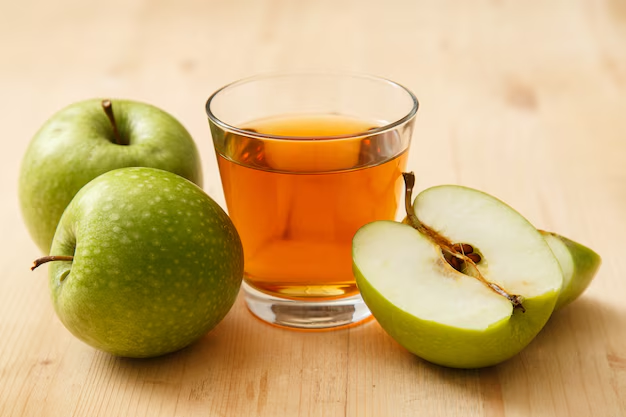
Apple juice’s nutrient profile makes it a great choice for managing specific heart-related conditions.
Blood Pressure and Palpitations
Potassium, a star nutrient in apple juice, is vital for maintaining stable blood pressure levels. High blood pressure is a leading risk factor for heart disease, and consuming potassium-rich foods and drinks can help mitigate this risk.
Additionally, people often ask, is apple juice good for your heart palpitations? Potassium also supports normal heart rhythms, making apple juice a helpful addition for those experiencing irregular heartbeats or palpitations.
Heart Rate and Heart Attack Prevention
Antioxidants in apple juice can play a role in stabilizing heart rate. Free radicals and oxidative stress can disrupt the heart’s rhythm, but apple juice’s antioxidants help combat these issues. This improves overall heart rhythm and function.
Furthermore, these antioxidants reduce cholesterol buildup in arteries, lowering the risk of heart attacks. So, when people inquire, is apple juice good for your heart rate or heart attack prevention? the science suggests it’s a heart-healthy choice.
Other Health Benefits of Apple Juice
Apple juice is not only good for heart health but also offers various other health benefits. From supporting weight management to potentially aiding in platelet production, apple juice is a versatile drink.
1. Weight Loss Support
Apple juice can be a helpful addition to a weight-loss plan when consumed in moderation. It provides a refreshing option for maintaining a low-calorie meal plan.
Low-Calorie Content
An 8-ounce (240 mL) serving of apple juice typically contains around 100-120 calories. Compared to sugary sodas or calorie-dense snacks, it’s a lighter choice. Plus, its natural sugars provide a quick energy boost without excessive calories. For those asking, is apple juice good for weight loss? The answer lies in its ability to replace higher-calorie beverages while still satisfying sweet cravings.
Role in Satiety
Apple juice contains water and simple carbohydrates, which can create a feeling of fullness. While it lacks the fiber found in whole apples, its natural hydration properties can help reduce the urge to overeat. To maximize its weight-loss benefits, pair apple juice with fiber-rich foods like oats or nuts to stay fuller for longer.
2. Platelet Count
Some research suggests that apple juice might positively impact platelet levels, although more studies are needed to confirm this. Platelets are essential for blood clotting and overall health.
How does Apple Juice Affect Platelets?
Apple juice is rich in antioxidants, particularly flavonoids and polyphenols, which may promote healthy blood function. For those wondering, is apple juice good to increase platelets? anecdotal evidence suggests it may support platelet production by reducing oxidative stress and inflammation. However, it is not a substitute for medical treatments in conditions like thrombocytopenia.
Incorporating Apple Juice for Blood Health
While not a proven remedy, drinking fresh, natural apple juice can contribute to overall wellness and complement other strategies to maintain healthy platelet levels. Pair it with iron-rich foods like spinach for added benefits.
Apple Juice vs. Other Fruit Juices for Heart Patients

Apple juice competes with other popular fruit juices in providing cardiovascular benefits. Let’s compare its advantages with those of pomegranate, orange, and grape juices.
1. Pomegranate Juice
- Benefits: High in antioxidants like punicalagins and anthocyanins, pomegranate juice reduces arterial inflammation and improves cholesterol levels.
- Best for: Lowering bad cholesterol and reducing plaque buildup.
2. Orange Juice
- Benefits: Loaded with vitamin C and potassium, orange juice supports healthy blood pressure and boosts immunity.
- Best for: Reducing blood pressure and fighting oxidative stress.
3. Grape Juice
- Benefits: Contain resveratrol and flavonoids, which improve blood vessel health and promote better circulation.
- Best for: Supporting healthy arteries and improving blood flow.
4. Apple Juice
- Benefits: Balanced in antioxidants, potassium, and phytonutrients, apple juice is great for managing blood pressure and reducing oxidative stress.
- Best for: General heart health and regulating blood pressure.
So, which juice is good for heart patients? Each has unique strengths, but apple juice stands out for its accessibility and overall nutrient profile.
How to Incorporate Apple Juice Into Your Diet?
Adding apple juice to your daily routine is easy and rewarding. By choosing the right type and using creative recipes, you can enjoy its health benefits while keeping your diet balanced.
Choosing the Healthiest Apple Juice
- Look for 100% pure apple juice with no added sugars or preservatives.
- Avoid juice cocktails or blends with artificial sweeteners.
- Freshly squeezed or cold-pressed apple juice retains the most nutrients.
Ideas for a Heart-Healthy Lifestyle
- Morning Booster: Start your day with a glass of apple juice paired with a handful of almonds for a balanced breakfast.
- Smoothie Base: Use apple juice as a base for smoothies with spinach, kale, or berries for an antioxidant-rich drink.
- Salad Dressing: Combine apple juice with olive oil and vinegar for a sweet and tangy salad dressing.
- Dessert Substitute: Freeze apple juice into popsicles for a heart-healthy dessert alternative.
By incorporating apple juice thoughtfully, you can enhance its health benefits without overloading it with sugar.
FAQs
Does apple juice have vitamin C?
Yes, apple juice contains vitamin C, though in smaller amounts compared to citrus fruits. It helps support the immune system, promote skin health, and acts as an antioxidant. However, to get a significant dose of vitamin C, you may need to consume other sources like oranges or berries.
Is apple juice good for your stomach?
Apple juice can be gentle on the stomach and aid digestion due to its fiber content, especially when consumed in moderation. It may also help relieve constipation. However, consuming too much juice may lead to bloating or upset stomach due to its natural sugar content and acidity.
What happens if we drink apple juice daily?
Drinking apple juice daily in moderation can provide antioxidants, vitamins, and hydration, supporting heart and digestive health. However, excessive consumption may lead to weight gain due to its sugar content. It’s important to balance apple juice with whole fruits for optimal health benefits.
Conclusion
So, is apple juice good for your heart? The answer is a resounding yes—when consumed in moderation, apple juice offers a variety of nutrients and health benefits that support heart health. From reducing oxidative stress to improving blood pressure and cholesterol levels, apple juice provides valuable antioxidants, vitamins, and minerals that can protect the heart.
However, it’s essential to incorporate apple juice into a balanced diet that includes other heart-healthy foods and drinks. As with any food or beverage, moderation is key to enjoying its benefits while avoiding potential side effects.



